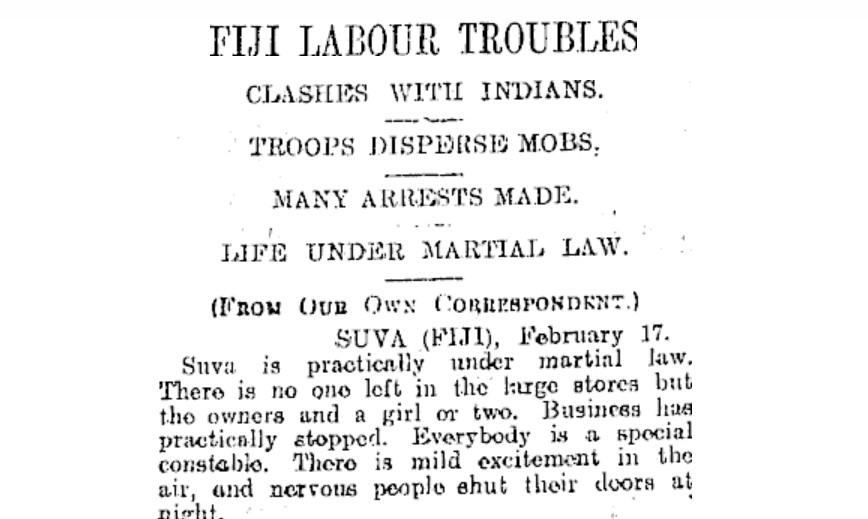A round-up of interesting links and articles from February.
The Government was recently revealed to have used ‘mistaken’, i.e. bad, i.e. wrong data in its estimates of child poverty, which – surprise surprise – meant they underestimated the number of children who currently do not have the means to a decent standard of living in New Zealand. While the Nats have tried to pass this up as a minor mistake, and Bill English is quoted as saying it has had no major effect, the government has been pretending that 20,000 children do not exist. As Susan St. John points out, the Nats have been trying to pretend that poverty isn’t a problem, that they are doing ‘well’, and this information shows just how bad things are. 75% of children in benefit-dependent families are below the poverty line, and that is significant. Idiot/Savant puts this in the context of Treasury’s power as a whole. They have a say in almost every piece of policy the government puts forwards, and are treated as absolute experts. As the we have pointed out before, their reasoning is faulty, not based on evidence, and this embarrassment cements even further that Treasury are steadfastly divorced from reality.
A scathing account of the Work Capability Assessment (WCA) scheme in the United Kingdom, where a massively profitable insurance company, ATOS, is paid millions by the government to help them throw people off benefits. Over 10,000 deaths can be attributed to this scheme. Assessment schemes in Aotearoa are not quite as draconian yet, but with the benefit reforms introduced by the Nats, it cannot be far away.
Right-wing commenter Farrar cheers the National party for ‘rejuvenation’, or in other words, the ruling class swapping seats. For the Nats, parliament is about temporarily being able to promote their class interests. Individual MPs are generally more able to make more cash after they leave parliament and gain directorships and CEO positions. It is not because of ‘principle’ that they are leaving. However, there is an important nugget in here. The criticism of Labour is correct. Not because of any fatuous, corporate ‘new people equals better’, but because the Labour caucus still includes those who backed the 1984 attacks on the working class.
Little time or effort should be given to Winston Peters’ racist attacks on immigrants. They are far from new or novel, and the same conspiracy theory drivel that he has always spouted. However, it can’t be ignored that Labour have been making overtures to this racist to support them in the next government. We want National out, to be sure, but nor do we want a racist, homophobic bigot like Peters to have any power whatsoever. Plus a turn of phrase – “Dog Megaphone Politics”.
Matt McCarten has been announced as Labour’s new Chief of Staff. For the Right, this has provoked a flurry of response, from John Key somewhat hysterically claiming that this is a coup by the unions, a ‘careening’ to the Left and also somehow bad for the economy (As is every action by everyone not him, it seems), to David Farrar comparing McCarten to Rasputin and arguing that nobody likes him. For the reformist left, this is a ‘shot in the arm’ for Labour, and generally a “Good Thing”. The truth is, this will be a ‘Good Thing’ – for the Labour party. Undoubtedly McCarten’s organizing skills are some of the best in the country, and his experience campaigning can only help Labour. But none of this will force Labour to truly deliver change for the workers, and McCarten’s decision to stand firmly on the ‘Softly Softly/Not at all’ side is a disappointment for those on the radical left who benefited from his skills in MANA and UNITE union.
Some international analysis: the Fourth International has a statement out on the situation in Ukraine, while Colin Wilson raises important questions on hypocrisy, homophobia and the neoliberal ruling class in light of the controversies surrounding the Sochi Winter Olympics. Venezuela Analysis provides a host of articles parsing right-wing coverage of the recent unrest in that country, and Mike Gonzalez’s recent article in the British site RS21 is also useful. Alex Wilson outlines her vision of Canada’s indigenous movement Idle No More, in an interview with obvious relevance to Aotearoa. Finally, February’s Monthly Review contains a sober piece on what it will take to rebuild the unions.









